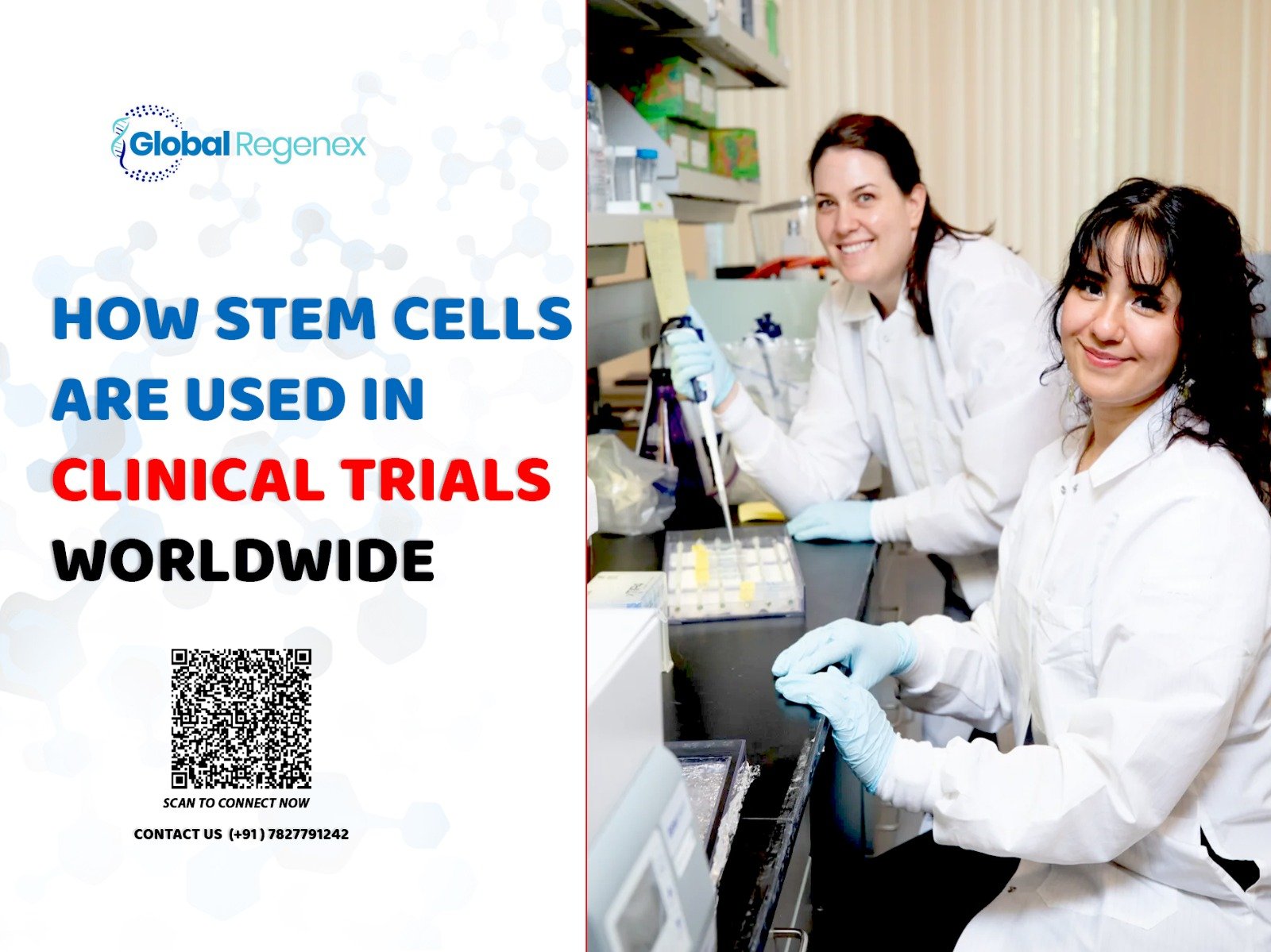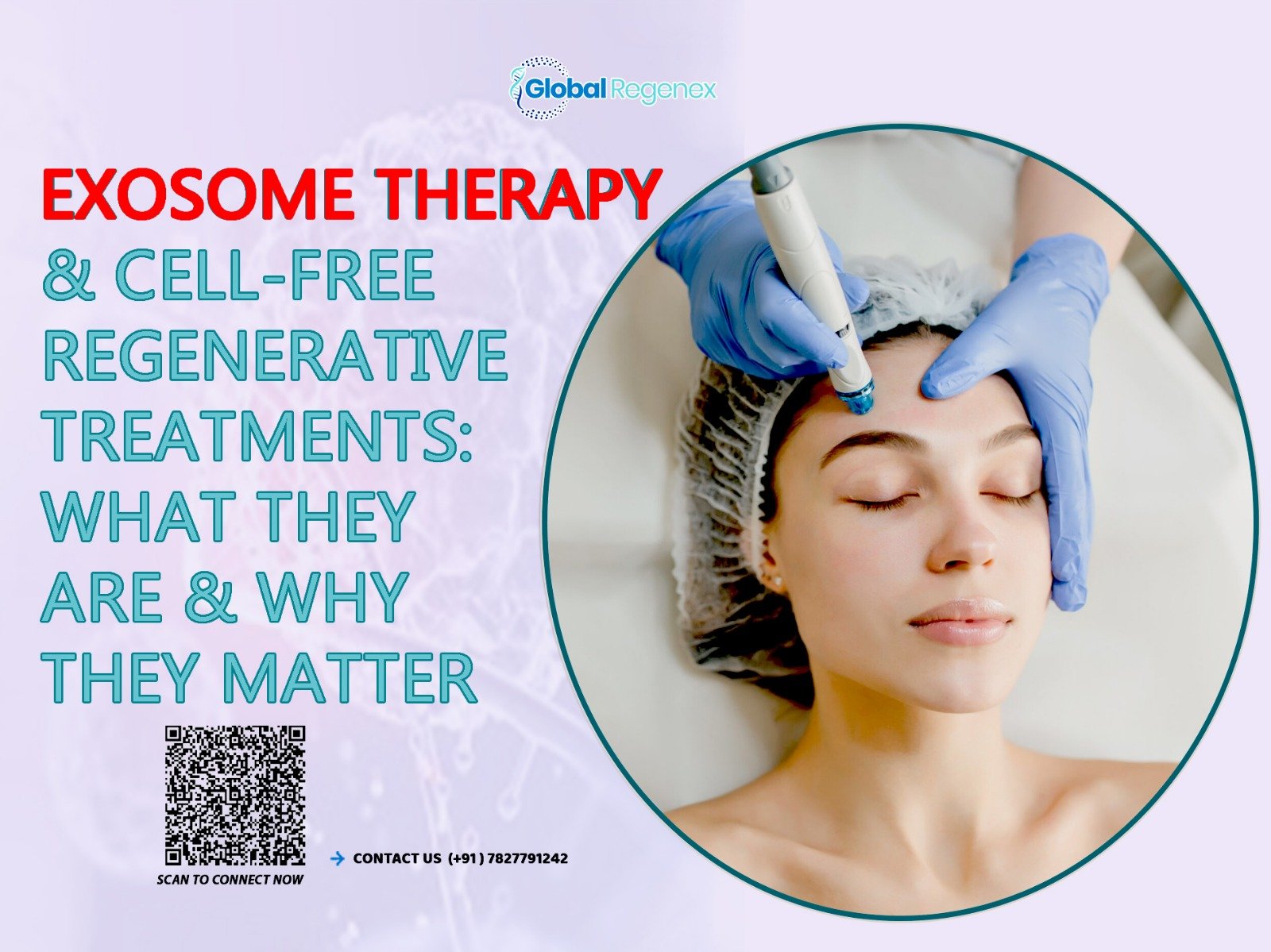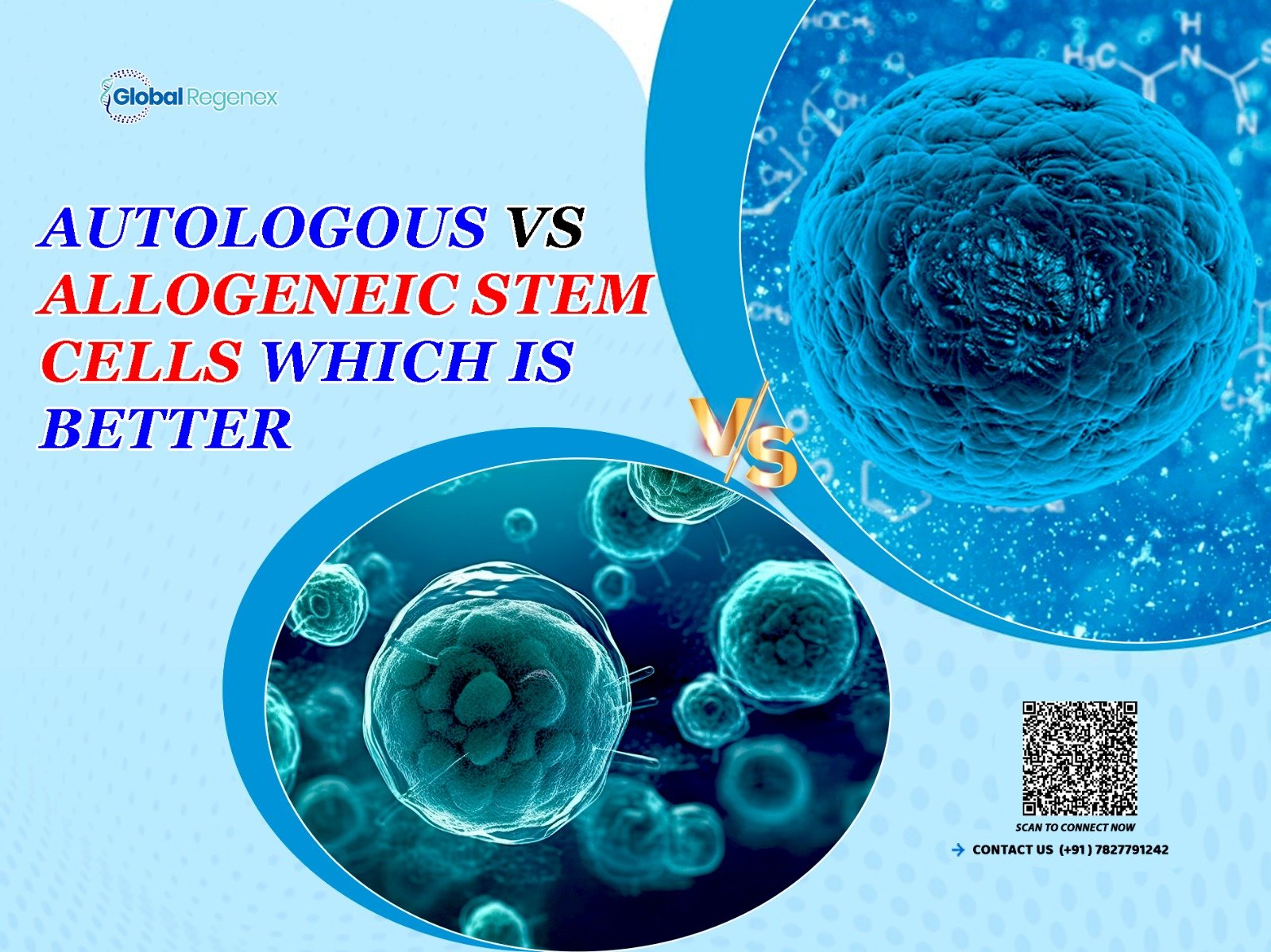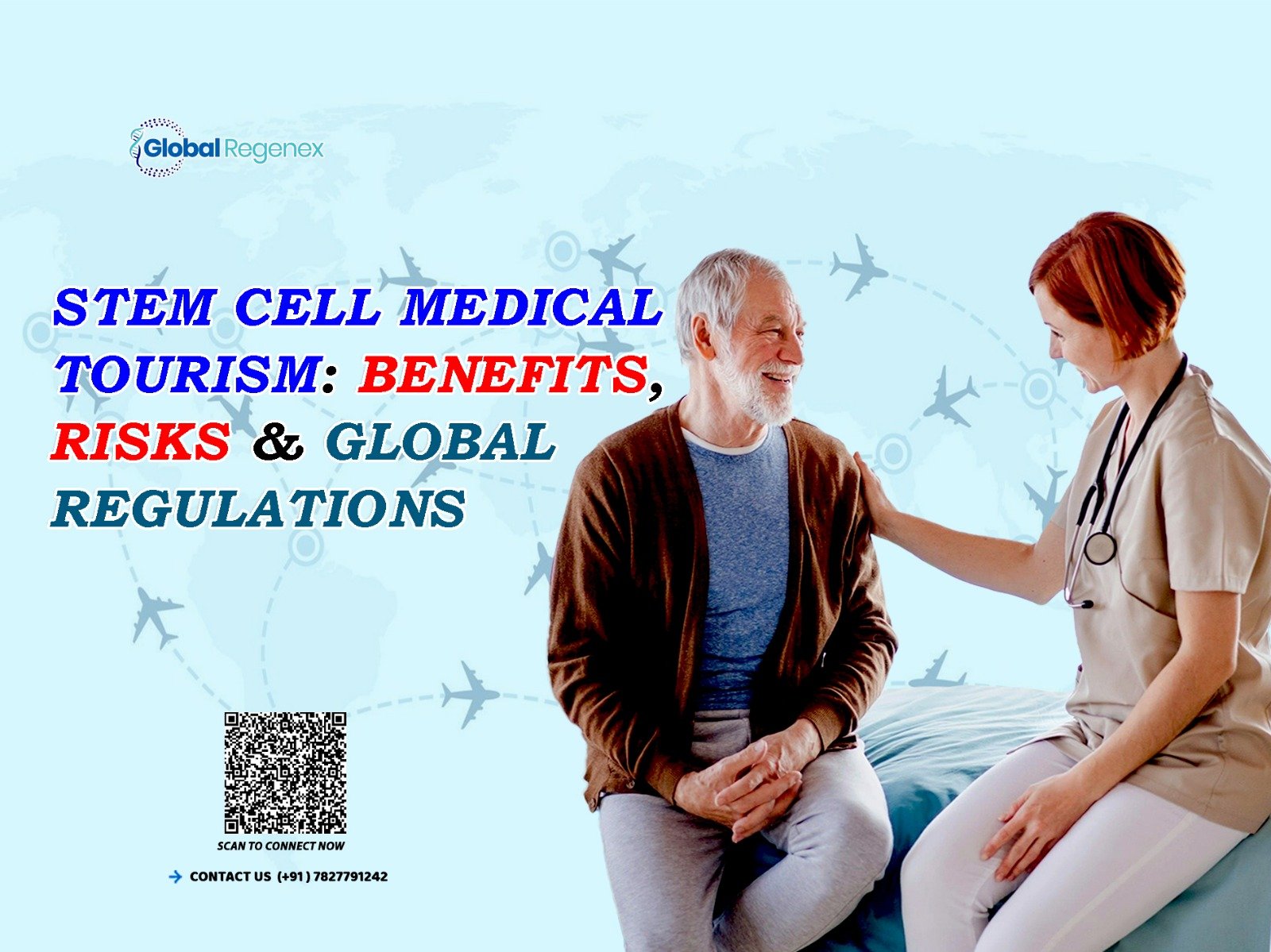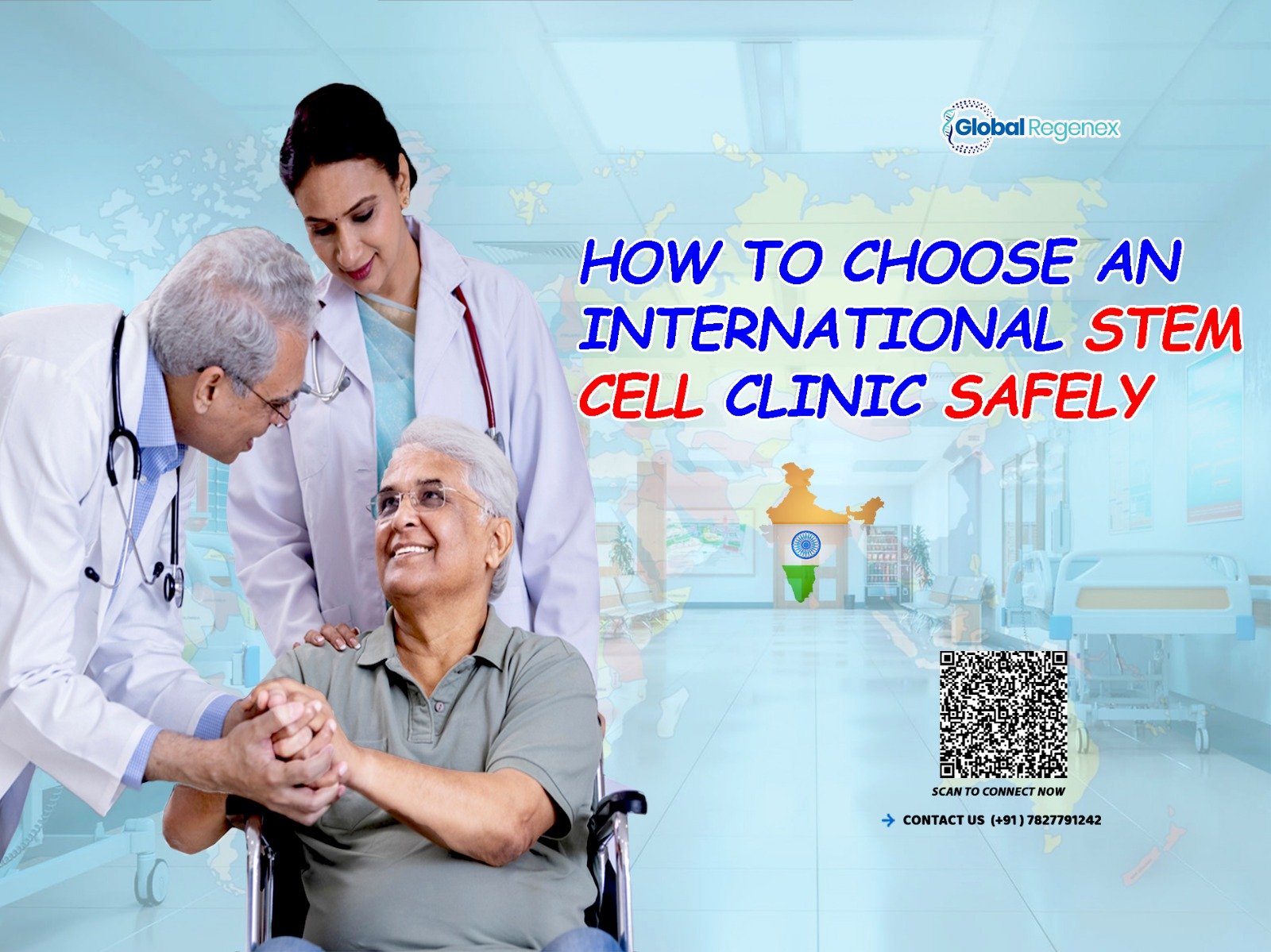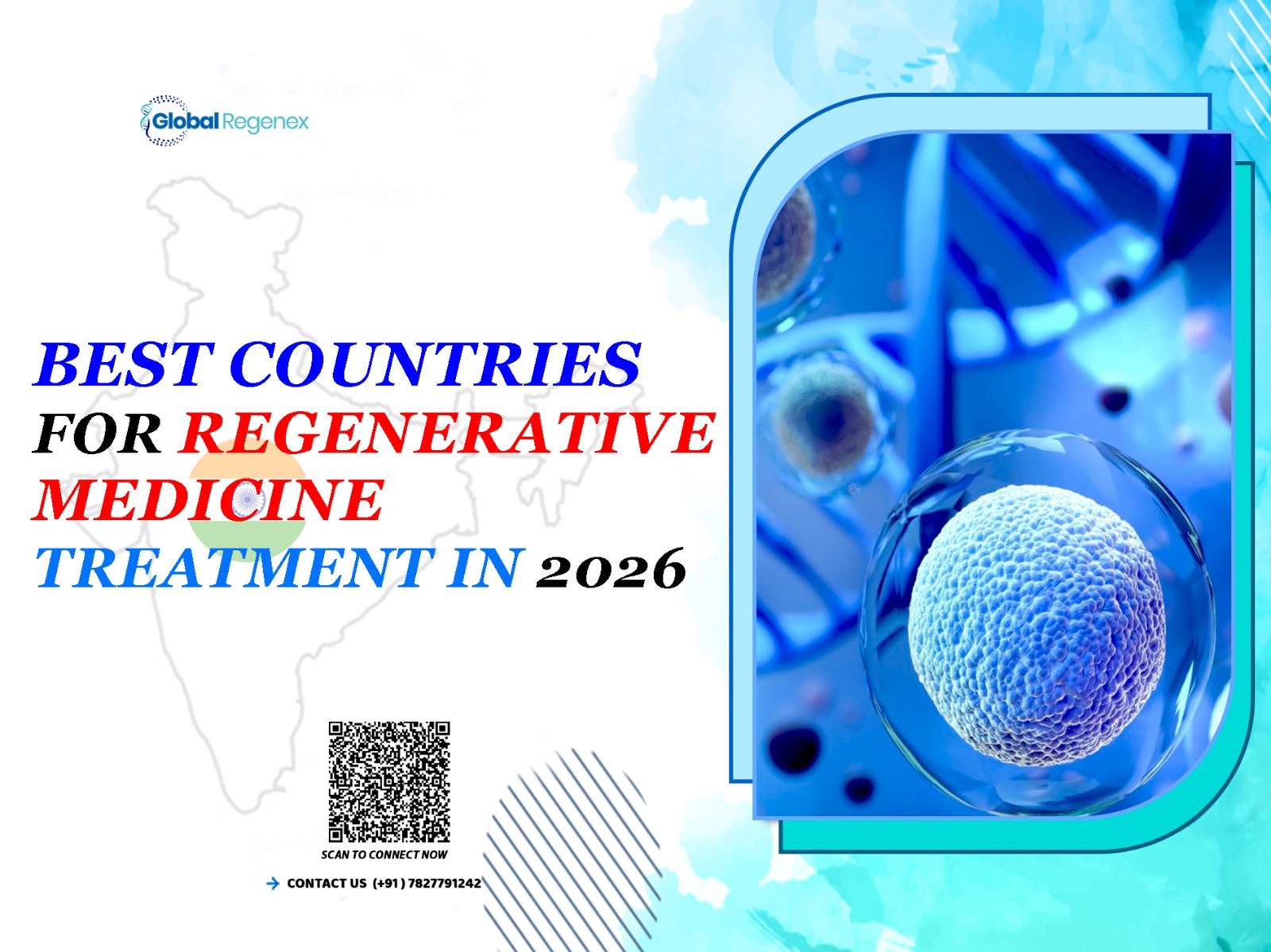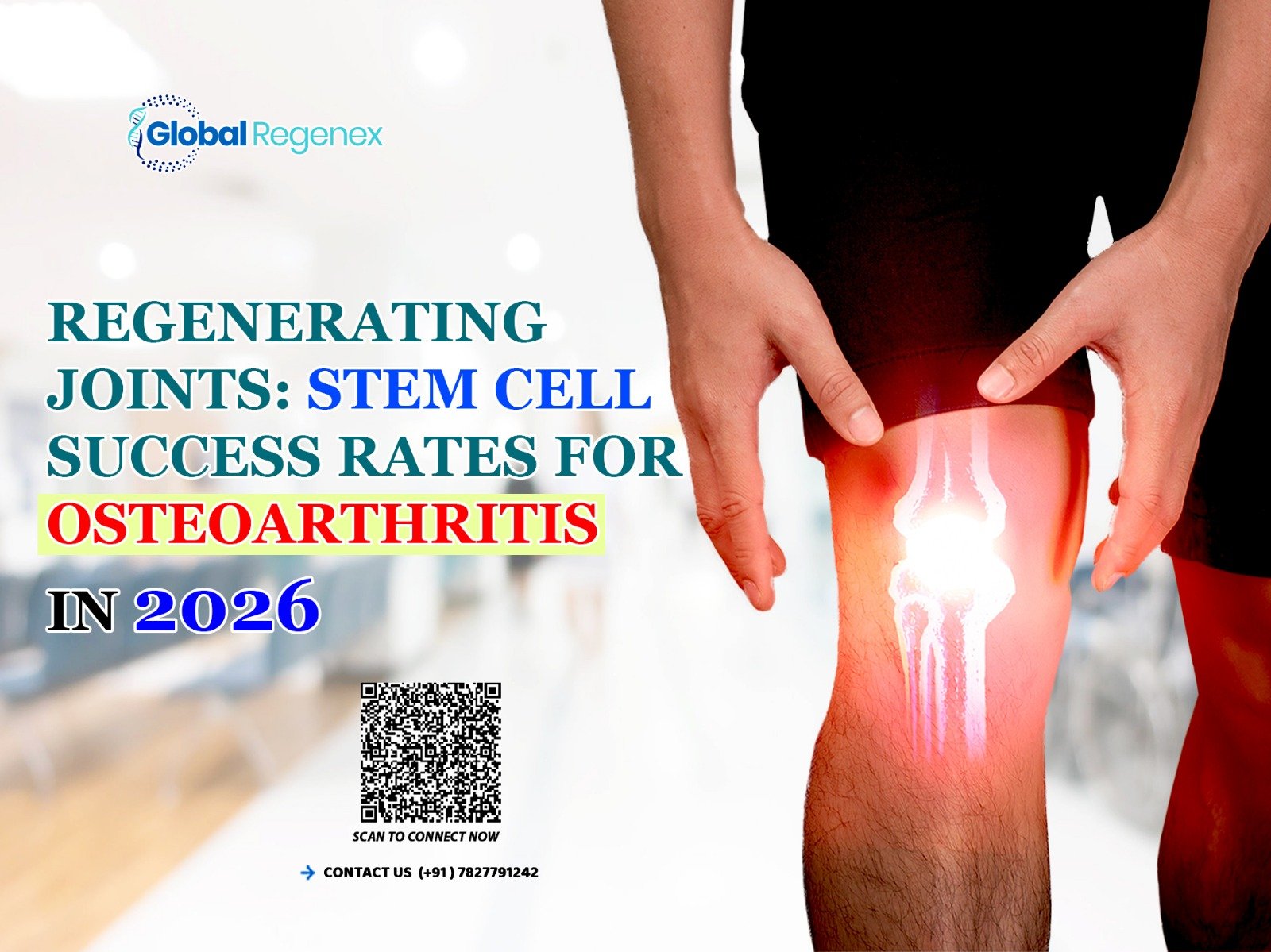Medical research has reached a new era of providing treatment with the rise of stem cell therapy. These tiny special cells can transform into different tissues, making them powerful tools for healing and regeneration. Researchers and scientists are conducting clinical trials to unlock the potential and uncover how stem cells can safely and effectively treat complex health conditions.
From orthopedics to Parkinson’s disease, clinical trials are expanding our understanding of stem cells and shaping the future of healthcare.
What Are Stem Cells and Why Are They Valuable in Medicine?
Stem cells are a unique type of cell that are responsible for creating over 200 cells in the body, such as bone, nerve, and blood cells. Having the ability to repair and restore damaged tissues makes them essential for medical research.
To talk about clinical trials, stem cells are being tested for their safety, effectiveness, and long-term impacts in treating severe conditions.
Stem Cell Research and Clinical Trials: India’s Role in the Global Landscape
As the other nations are undertaking stem cell research, India is becoming a global destination for stem cell research, with several clinical trials exploring this regenerative therapy across different medical conditions. India has a blend of medical infrastructure, skilled researchers, and cost-effective healthcare, which has made it an attractive destination for stem cell therapy.
Key Areas of Stem Cell Clinical Research
Here are some areas where stem cells are being researched:
Nervous System Disorders: Stem cells are under study in the case of Alzheimer’s, Parkinson’s, and multiple sclerosis with a view to regenerating nerve cells that have been destroyed in order to restore brain function.
Cardiovascular Disorders: Clinical trials are evaluating the potential of stem cells to repair heart tissue and recover heart function following episodes of heart attacks and chronic heart failure.
Orthopedic and Musculoskeletal Disorders: Clinical trials are testing whether stem cells can repair cartilage, fix broken bones, and reattach tendons.
Autoimmune and Blood Disorders: Clinical trials are attempting to find the impact of stem cell transplants on patients with leukemia, lymphoma, and immune disorders, including lupus.
Eye Diseases: Clinical trials are looking into the potential of stem cells to give vision back to individuals afflicted with macular degeneration and scarred corneal tissues.
Advantages of Stem Cells
Here are some benefits of stem cells:
Self-Repair: Stem cells have the ability to spontaneously regenerate or substitute tissue that has been injured, healing internally.
Multiple Treatments: They are being explored for treatment and therapy of innumerable conditions, from orthopedic disorders to neurological disorders to heart disease.
Fewer Operations Stem cell therapy decreases invasive, traditional surgeries.
Decreases Inflammation and Pain: Stem cells assist in the reduction of chronic inflammation and pain by addressing the source of the issue.
Healing: In contrast to traditional medicine, which typically covers up symptoms, stem cells provide room for healing.
The Future of Clinical Stem Cell Research
In the next few years, we will see successful advancements in personalized regenerative medicine, where stem cells are individualized for every patient. International collaborations, better technologies, and increased funding could ensure that stem cell clinical trials will advance health beyond all other levels.
Epilogue
Stem cells are revolutionizing medicine, and clinical trials around the world are proving their capacity to cure some of the most obstinate diseases. Despite the potential for further enhancement, efforts are underway to build a vision for an ultimate future in which regenerative medicine becomes a standard form of treatment worldwide.
If you are interested in stem cell therapy in India, contact Global Regenex for expert advice and services.
Frequently Asked Questions About Stem Cells
Q1. What are stem cells being compared to in clinical trials?
Ans. They are being compared to heart disease, neurological illnesses, orthopedic illnesses, blood cancer, and eye disease.
Q2. Are stem cell clinical trials safe?
Ans. Most of them are well-regulated and tightly monitored for safety, but risks will occur based on the illness they are targeting.
Q3. Do patients have the ability to volunteer for stem cell clinical trials?
Ans. Yes, and they can volunteer at research hospitals or via international clinical trial registries.
Q4. What are stem cell trials’ futures?
Ans. They can lead the way to more personalized, regenerative treatments and potential cures for degenerative disease.
Summary: With the advancement in regenerative medicine, stem cells are at the forefront of modern medicine, with clinical trials worldwide testing their potential to treat diseases ranging from heart disorders to neurological conditions. This blog explores how stem cells are used in global trials, their applications, benefits, and the promising future of regenerative medicine.

